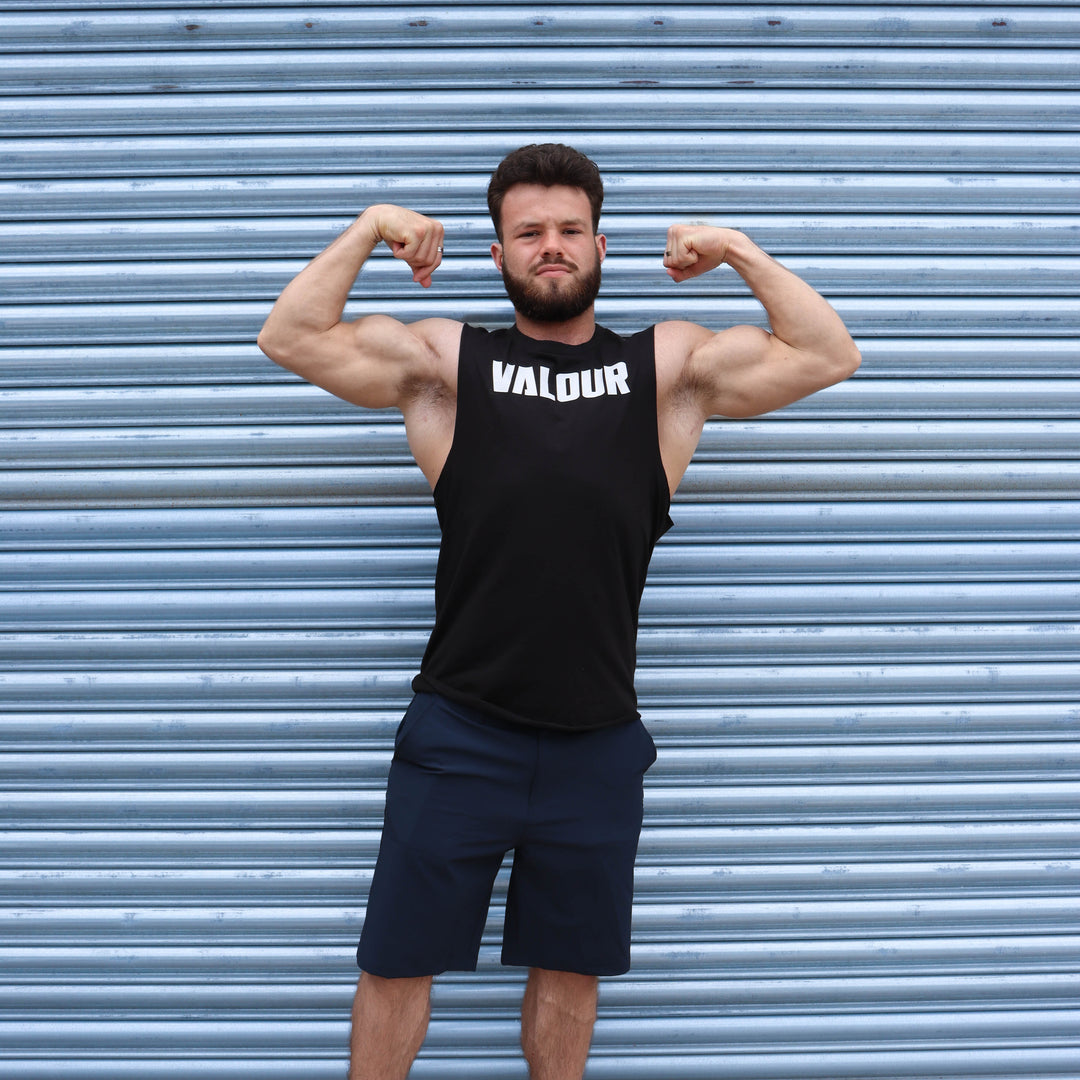Vegan vs. Protein-Based Bodybuilding
In the world of fitness and bodybuilding, one of the most contentious debates revolves around diet: vegan versus protein-based. Traditional bodybuilding wisdom often emphasizes the importance of animal protein for muscle growth and recovery. However, the rise of veganism has challenged these conventions, suggesting that plant-based diets can provide ample nutrition for building muscle and achieving peak performance. Let’s delve into this debate and explore the strengths and weaknesses of each approach.
The Protein Powerhouses: Animal-Based Bodybuilding
For decades, bodybuilders have relied on animal-based protein sources like chicken, eggs, beef, and dairy to fuel their gains. These foods are prized for their complete amino acid profiles, which are crucial for muscle repair and growth. Additionally, animal products are rich in nutrients like creatine, carnitine, and heme iron, which are believed to enhance athletic performance.
Animal-based bodybuilding diets often follow a high-protein, moderate-fat, and low-carbohydrate approach. This macronutrient breakdown is thought to optimize muscle growth while minimizing fat gain. Moreover, animal products are typically more calorie-dense than plant foods, making it easier for bodybuilders to meet their energy needs for intense workouts and muscle recovery.
The Plant-Powered Paradigm: Vegan Bodybuilding
In recent years, vegan bodybuilding has emerged as a viable alternative to the traditional animal-based approach. Plant-based diets offer a plethora of benefits, including lower saturated fat and cholesterol levels, higher fiber content, and a wide array of phytonutrients with anti-inflammatory properties.
Contrary to common misconceptions, vegan diets can provide all the essential amino acids necessary for muscle growth by combining various plant protein sources such as beans, lentils, tofu, tempeh, quinoa, and seitan. Additionally, plant foods offer ample carbohydrates, which serve as the body’s primary fuel source during intense workouts. This can potentially lead to improved endurance and performance.
Furthermore, plant-based diets are associated with numerous health benefits, including lower risks of heart disease, diabetes, and certain types of cancer. For bodybuilders, this means better overall health and longevity, which are crucial for sustained progress in the gym.
Finding Balance: The Key to Success
While both vegan and animal-based bodybuilding diets have their merits, the key to success lies in finding a balanced approach that suits individual needs and preferences. Some bodybuilders may thrive on a traditional high-protein diet, while others may achieve their goals more effectively on a plant-based regimen.
It’s essential to focus on nutrient density, ensuring that your diet provides all the essential micronutrients necessary for optimal health and performance. Whether you choose to prioritize animal or plant-based proteins, incorporating a variety of whole foods is crucial to meeting your nutritional requirements.
Additionally, paying attention to meal timing and supplementation can further enhance your results. Consuming protein-rich meals or snacks before and after workouts can support muscle repair and recovery. Supplements like vegan protein powders, BCAAs, and creatine can also help bridge any nutritional gaps and optimize performance.
Conclusion
In the debate between vegan and protein-based bodybuilding, there’s no one-size-fits-all answer. Both approaches have their strengths and weaknesses, and the best diet for you depends on factors such as personal preferences, ethical beliefs, health considerations, and fitness goals.
Ultimately, the key is to prioritize nutrient-dense foods, adequate protein intake, and overall dietary balance. Whether you choose to embrace the carnivorous path or opt for a plant-powered journey, the most important thing is to listen to your body, fuel it with wholesome ingredients, and stay consistent in your training and nutrition regimen. After all, building a strong, healthy body is a marathon, not a sprint.





